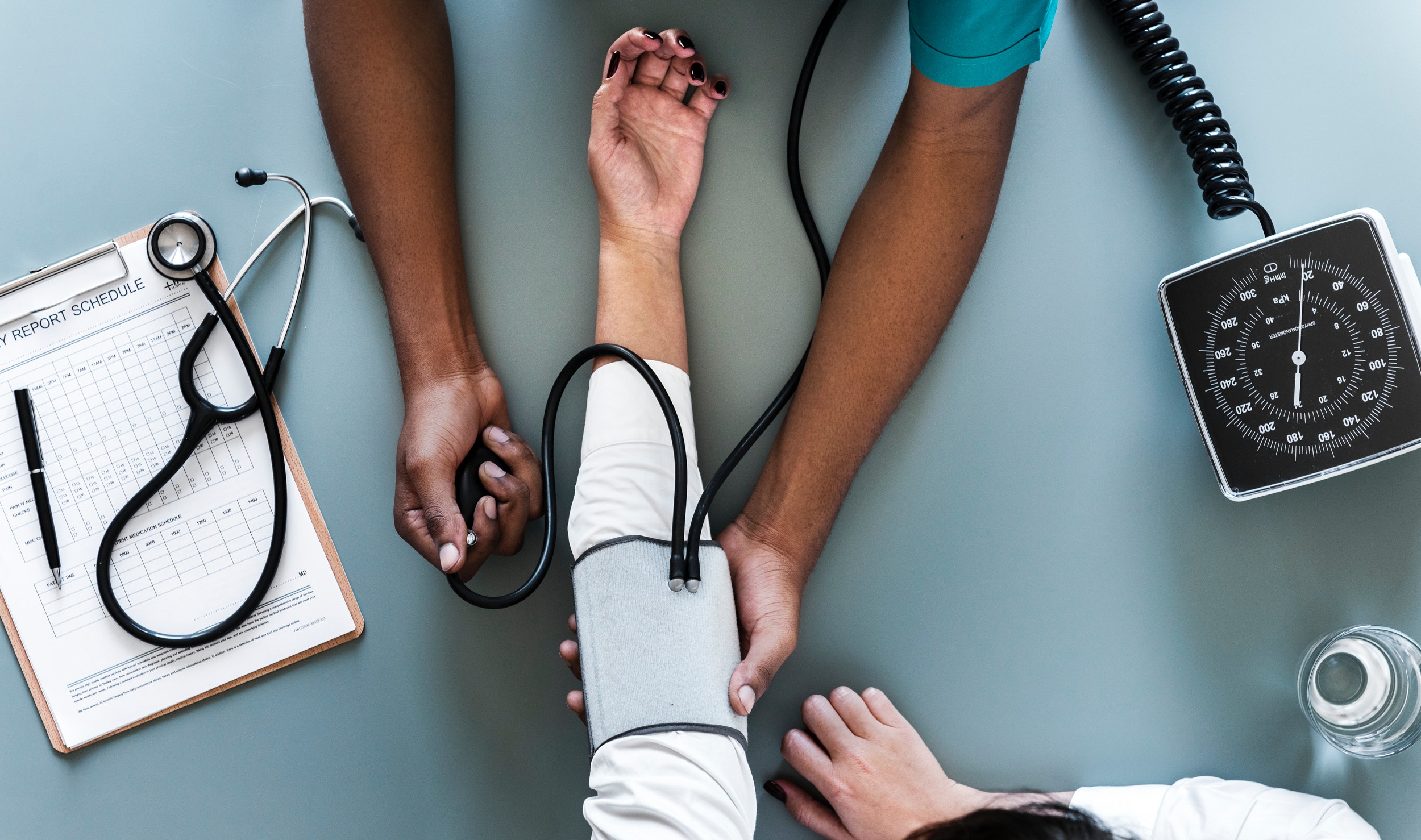February is American Heart Month, but in reality, heart health should be a year-round concern. Shockingly, heart disease is the leading cause of death in women. However, fewer women are aware of this today than they were ten years ago.
Experts:
- Amy Ahnert: Director of Women’s Heart Program at Morristown Medical Center, part of the Atlanta Health System
- Basel Ramlawi: Director of Cardiothoracic Surgery at Maine Line Health System
- Channing Muller: Founder of DCM Communications
Why Do Women’s Heart Disease Symptoms Differ from Men’s?
Firstly, Amy Ahnert, M.D., points out that biological differences, hormone levels, and blood vessel size vary between men and women. These biological differences influence the types of symptoms women may experience. For example, men typically form blockages in the major heart arteries, while women are more likely to form plaque in smaller blood vessels (made of cholesterol and calcium).
It’s important to note that, regardless of gender, the most common symptom remains chest pain or tightness. This pain may appear after exercise, large meals, or any unusual physical activity. However, women’s heart attack symptoms may be more subtle and easier to overlook. Many women don’t realize that these symptoms could signal a heart attack , causing delays in seeking medical attention. When they do seek help, healthcare providers might misdiagnose the symptoms as anxiety , which further delays treatment.

Common Symptoms of a Heart Attack in Women
Here are some common heart attack symptoms in women:
- Pain or discomfort: It may appear in one or both arms, the back, neck, jaw, or even the abdomen.
- Cold sweat: This is different from normal post-exercise sweating and is typically sudden, often accompanied by other symptoms.
- Nausea or stomach discomfort: This may be mistaken for food poisoning, especially when accompanied by other symptoms.
- Shortness of breath: If you feel winded during regular activities or have trouble breathing at rest, take note. This may or may not be accompanied by chest pain.
- Unusual fatigue: This isn’t typical daily tiredness but an overwhelming, abnormal fatigue that persists even with rest.
- Dizziness or anxiety: Unexplained dizziness or unusual feelings of anxiety should not be ignored.
A Woman’s Heartbreak Story
Heart attacks in women do not always present in obvious ways. Take Channing Muller, for example, who experienced her first heart attack at 26. She was highly active, having just completed a 60-mile, three-day walk and preparing for a half marathon, feeling great. However, one weekend morning, when she woke up to head to the gym, she suddenly felt her heart racing, started sweating cold, felt dizzy, numbness in her limbs, and her face turned pale. At first, she thought it was just a hangover, but the symptoms persisted, and she was diagnosed with a heart attack. This highlights the importance of recognizing the signs of heart disease in women.

Heart Disease Risk Factors
Many of the traditional risk factors for heart disease—such as smoking, obesity, high blood pressure, sedentary lifestyle, high cholesterol, and diabetes—apply to everyone. However, women face some unique risk factors that are often overlooked. For example, complications during pregnancy, such as pregnancy-induced hypertension , preeclampsia , gestational diabetes, or premature birth, may increase the risk of heart disease later in life. Additionally, autoimmune diseases (such as lupus or rheumatoid arthritis), certain breast cancer treatments, and mental health issues (like depression and anxiety) are unique risk factors for women. However, traditional assessment tools may underestimate women’s heart disease risk. Newer tools, such as calcium scoring tests, provide better predictions of women’s heart disease risks.
When to Seek Medical Help?
Heart attacks (and other cardiovascular events) wait for no one, and neither should you. If you have risk factors like high blood pressure, diabetes, or high cholesterol, it’s recommended that you get an annual check-up. Be sure to inform your doctor about any other unique risks you may face, such as pregnancy complications or autoimmune diseases, so they can provide comprehensive care for your heart health.
If you experience chest pain, pressure in the chest, dizziness, extreme fatigue, sweating, or shortness of breath, don’t hesitate—call 911 . Paramedics can start life-saving measures on the way to the hospital and notify the emergency department in advance. Driving yourself or delaying could waste precious time.
“I often hear women say they don’t want to ‘bother’ anyone or be seen as having anxiety,” Amy Ahnert, M.D., warns. Trust your body and seek medical help promptly. Making this decision could save your life.

Summary
In most cases, heart disease events are preventable, but prevention starts with you. Regular check-ups, staying active, eating healthily, and focusing on mental health are essential. As Amy Ahnert, M.D., emphasizes, taking care of yourself isn’t selfish, especially in a society where women often put others first. Heart health should be a priority.
As Channing Muller says, “I’d rather go to the ER and find out it’s just anxiety than wait too long to find out it’s a heart attack.” If you feel that something is wrong with your body, especially if it’s different from your usual self, speak up. Your life may depend on it.












